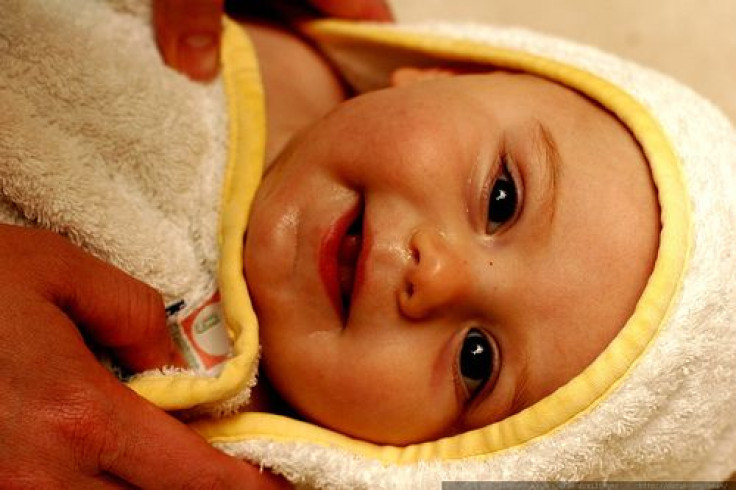Baby Shampoos Could be Causing False Positives for Marijuana in Newborns

Baby wash products are getting your infant high, not really, but they may be the culprit behind false positives for cannabinoids (THC). Testing positive for THC could lead to child abuse charges in some states.
Infant drug screenings are necessary to ensure the health and safety of newborns. Testing positive for any drug may require the intervention of social services or criminal charges of child abuse could be filed. False positives can and do happen so it's important to identify any potential products that may cause one.
The research into identifying baby soap and shampoos as potential reasons for creating false positives for THC was led by researchers from the University of North Carolina Chapel Hill. Researchers noticed potential false positives at UNC and began testing various soaps and shampoos to identify what was responsible for the false positives for THC.
The researchers mixed drug-free urine with readily available products from the nursery to help pinpoint the reason for all the false positives. Finally, after testing several common bath products researchers discovered baby soaps and shampoo were to blame. The researchers also tested additional commercially available baby soaps and shampoos such as Johnson & Johnson’s Head-to-Toe Baby Wash, J&J Bedtime Bath, CVS Night-Time Baby Bath, Aveeno Soothing Relief Creamy Wash and Aveeno Wash Shampoo, and they too triggered the false positive.
Parents do not need to get alarmed that they may be getting their babies high while bathing them. The soaps and shampoos do not cause a baby to get high nor was there any THC in the system of infants. Instead, certain chemicals from the products caused the false positive. The researchers identified polyquaternium-11 and cocamidopropyl betaine as the potential chemicals that triggered the false positive for THC.
Infant drug testing is more common than you believe and is usually conducted on infants whose mothers are deemed to be at a high-risk for drug use. Testing positive could have legal ramifications and could require the intervention of social services. Because of the possible punishment that comes from testing positive for THC, researchers conclude that it's important that laboratories and doctors understand the potential for false positives due to baby soaps and shampoos.
The study was published in Clinical Biochemsitry.



























